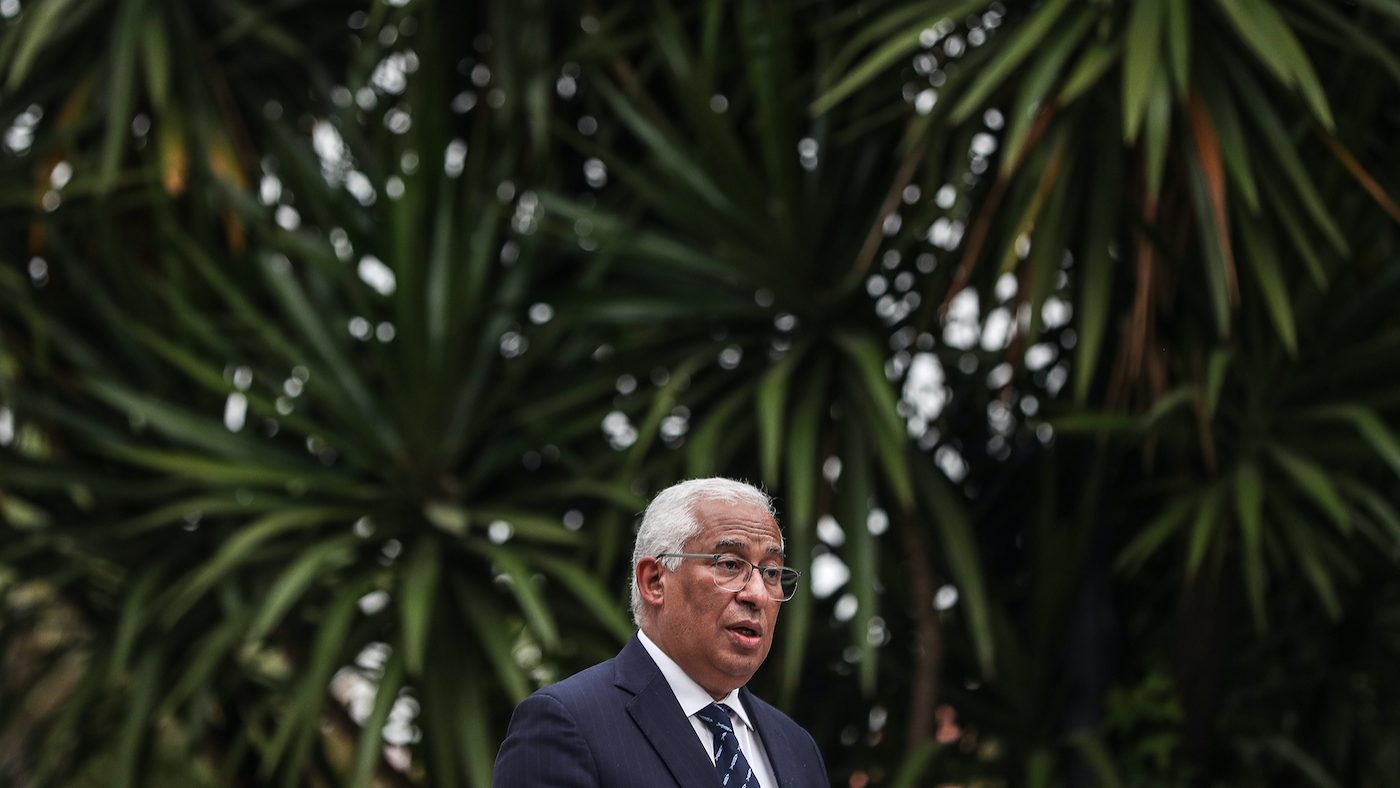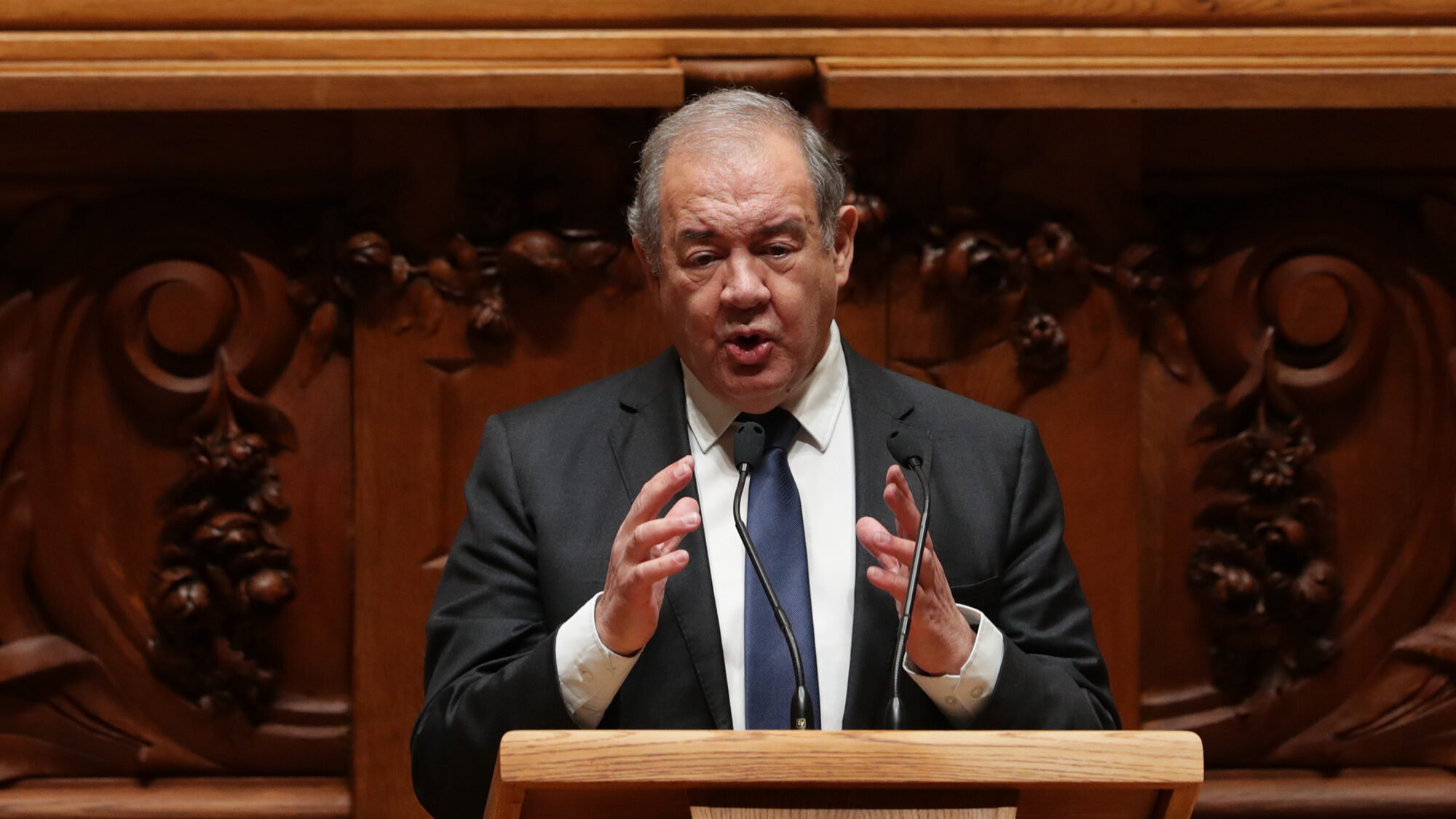Digital is 22% of country’s EU post-pandemic recovery funds
According to the Portuguese government, digital "represents 22% of the total allocation" of the European Union post-pandemic recovery funds allocated to the country.
Portugal’s secretary of state for digitalisation and administrative modernisation said on Tuesday that digital “represents 22% of the total allocation” of the European Union post-pandemic recovery funds allocated to the country, at €3.7 billion, and that this is a “recognition” that the sector is “a fundamental instrument” for transformation.
“In this context, we have drawn up a budget for 2023 that aims to make profitable the design, implementation and funding of initiatives aimed at growing Portugal as a digital nation,” the secretary of state, Mário Campolargo, told a joint seesion of the parliamentary committees for budget and finance, for economy, public works, planning and housing, and for public administration, spatial planning and local government, as part of the second stage of the debate on the 2023 state budget bill.
The draft budget is “necessarily leveraged on the Recovery and Resilience Plan” as well as being in line with the Socialist government’s programme and its spending plans, already outlined, continued the minister in his opening address to the session.
“Digital represents twenty-two percent of the total allocation of the RRP, corresponding to 3.7 billion euros,” Campolargo went on. “This is the recognition that digital is a fundamental instrument for the transformation of the business fabric, for the modernisation of the Public Administration and for the improvement of people’s digital skills.”
The secretary of state also highlighted “initiatives such as the integration of e-commerce and connectivity technological solutions with the Digital Business Neighbourhoods” and “the system of financial incentives for the digitalisation of business models with digital commerce accelerators” in the area of the transformation of the business fabric.
He also cited “the National Network of Test Beds – infrastructures that will provide companies with the necessary conditions to test innovative products and services.”
Recalling the Web Summit – said to be Europe’s biggest tech event – that took place in Lisbon last week, the secretary of state stressed that for Portugal to be at the forefront “of the digital revolution” it must “be able to attract investment and companies that use technology in highly scalable business models.”
Citing data from the Startup Heatmap Report, he noted that these “indicate that, for example, Lisbon is one of the most attractive cities in Europe to create a startup, appearing in fourth place, ahead of cities such as Amsterdam and Paris.”
The ecosystem of startups and technological companies in Portugal, he said, “presents, from six years ago to now, a return of fifty times the volume of venture capital invested and has allowed the creation of more than fifty thousand jobs.”
The seven unicorns “founded by national talent represent, in proportion, three times the number of those that exist in France, Germany or Spain,” he added, noting that “these are numbers of a country with proven track records in the area of technology and innovation, able to train and attract talent, and that make it a success case in the emerging ecosystems panorama.”
He added that “the government will develop the legal framework to make the startup concept operational and regulate the tax benefits associated to the stock options” of these companies, stressing that “these legislative measures will contribute indelibly to promoting growth by stimulating investment and entrepreneurship.”


